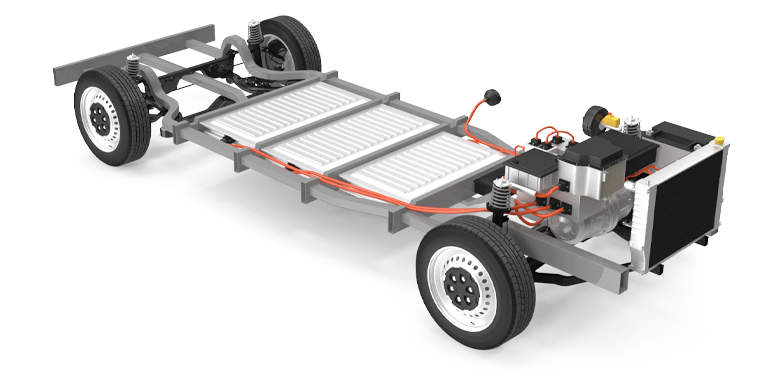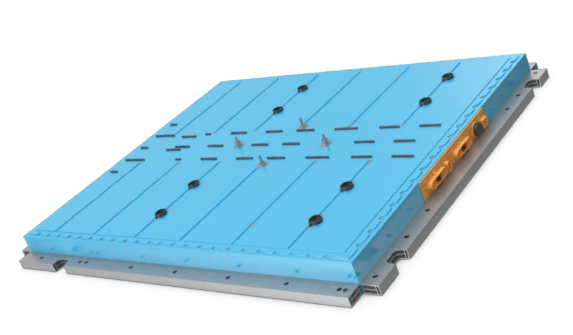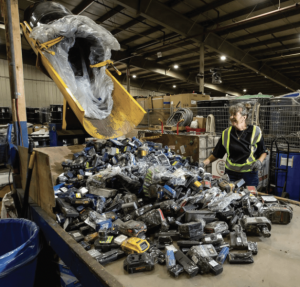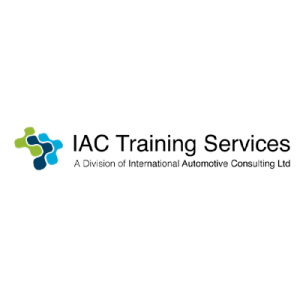Steve Fletcher’s update on ARC electric research efforts
By Allison Rogers
For those that missed the party, the Automotive Recyclers of Canada (ARC) hosted a four-and-a-half-hour live webinar session last November, where five different speakers shared their perspectives on vehicle electrification in Canada and how automotive recyclers will fit into the mix. Featuring speakers Joanna Kyriazis of Clean Energy Canada; Kunal Phalpher of Li-Cycle; Jeff Haltrecht of Call2Recycle and Hans Eric Melin of Circular Energy Storage, the session received praise from attendees and speakers alike; Melin referred to it as “one of the best seminars [he] had ever attended on the subject.”
“This is an area with so much misconception and misunderstanding— there has been so much great discussion here today,” he told more than 200 participants leading into his presentation during the event.
Since the webinar aired last Fall, the ARC has been making connections behind the scenes. Managing Director Steve Fletcher told Canadian Auto Recyclers the organization is now part of an advisory committee led by the Canadian Standards Association (CSA), which provides consumer product evaluation and education and training services in addition to testing and certifying consumer goods according to Canadian safety standards.
“It’s essentially a research project to determine whether CSA should be involved in standard-setting on battery circularity,” said Fletcher. “It’s not just looking at end of life, it’s looking at standards on the recovery of metals and other materials and everything in between. Our little slice is just the end-of-life management of those batteries and resources.”
“There’s a lot of great research, and we get excited anytime we see research in our field—it means we’re not the only ones working on the topic!”
— Steve Fletcher, managing director, Automotive Recyclers of Canada


In the proposal for the CSA-led research project, the organization says the project will ultimately aim to identify the need for standards-based solutions for the lithium-ion battery lifecycle, which it says may relate to topics from mineral extraction and process down to investigating options for second-life methods, methods of extraction and processing and establishing practices of safety, design, installation and performance for second-life recyclability. “There’s a lot of great research,” added Fletcher. “As recyclers, we get excited anytime we see research in our field—it means we’re not the only ones working on the topic!”
Fletcher said November’s webinar also kicked up leads across the board— achieving one of the goals ARC hoped for with its November session. “The [ARC] strategy has been to insert ourselves into all of the different conversations we uncover,” said Fletcher. “We tell them what auto recyclers are doing, what our concerns are and where we need to go with research and development. We’ve been creating alliances that way and plenty of conversations have turned into potential projects.”
The entities ARC is currently engaged with range everywhere from the OEMs themselves to small start-up re-purposers with their eyes set on EV components, to battery recyclers and storage companies and federal representatives like NRCan.
“[ARC’s discussions] have really pulled all of these people out of the woodwork,” said Fletcher. “It’s only the beginning, too—who knows what else can grow from the research being conducted now.”



























